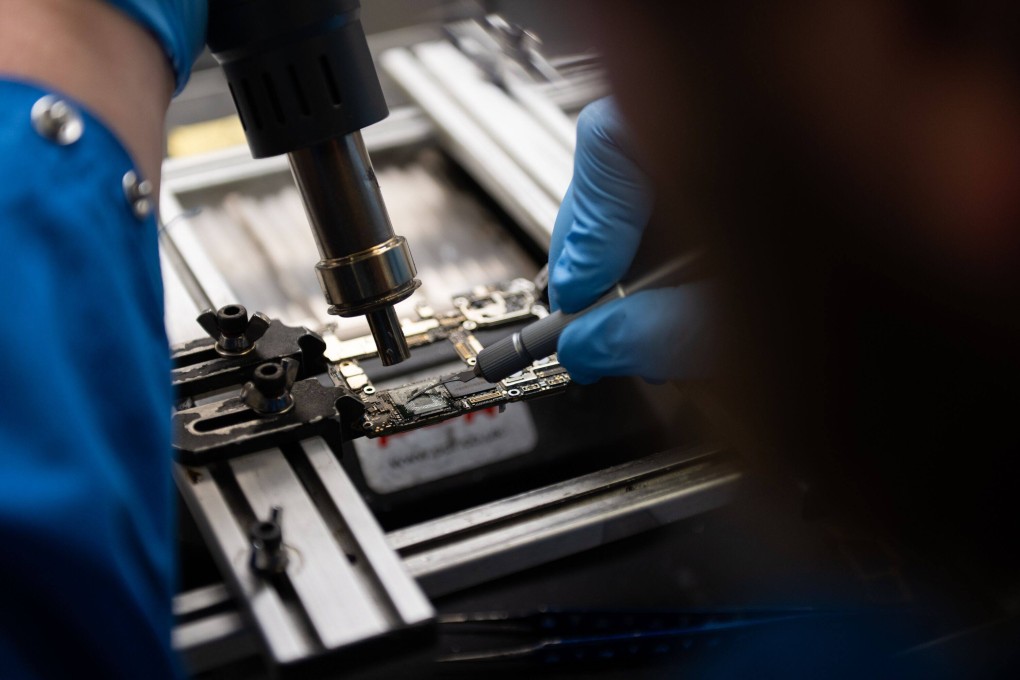My Take | Why Beijing should thank the US for its space and chip industries
- Individuals, corporations and nations grow in strength not by having an easy time but by confronting severe, even existential, challenges

Andrew Tate sometimes reminds me of Arnold Toynbee, the historian and philosopher. Seriously. I often get a kick out of listening to the infamous social media personality not unjustly accused of being a misogynist and shameless self-promoter. Say what you like about Tate, though, he is often bang-on in his observations, like this one on why Prince Harry is such a whinging walking mess of a human being:
“I am not in a plushy bed at home, crying about what? That’s really Prince Harry’s book. It should have just been called ‘Privileged’. The best upbringing you can have is good parents and no money. If you don’t give a man struggles, look at what he becomes physically, mentally.
“Born in the royal family, everything’s been perfect his whole life. And struggle is subjective, so Prince Harry dealing with his current problems of his wife nagging him, that’s full mental breakdown.
“This guy has such a privileged life that he’s ended up a miserable, depressed, unhappy person. If bad things don’t happen to you, you’re gonna end up like Prince Harry. And you don’t want to end up like that dude, do you?”
OK, there was his mother’s horrendous death. But the prince is 39 years old now and he still can’t get over it. Of course, Anglo-American “woke” culture encourages victimhood, whether real or imagined, for everyone. But shouldn’t we teach people to raise above it, not wallow in it?
I was just watching Mission: Impossible – Dead Reckoning online this week where French actress Pom Klementieff plays a ruthless assassin. She also played Mantis in Guardians of the Galaxy Vol. 2.
